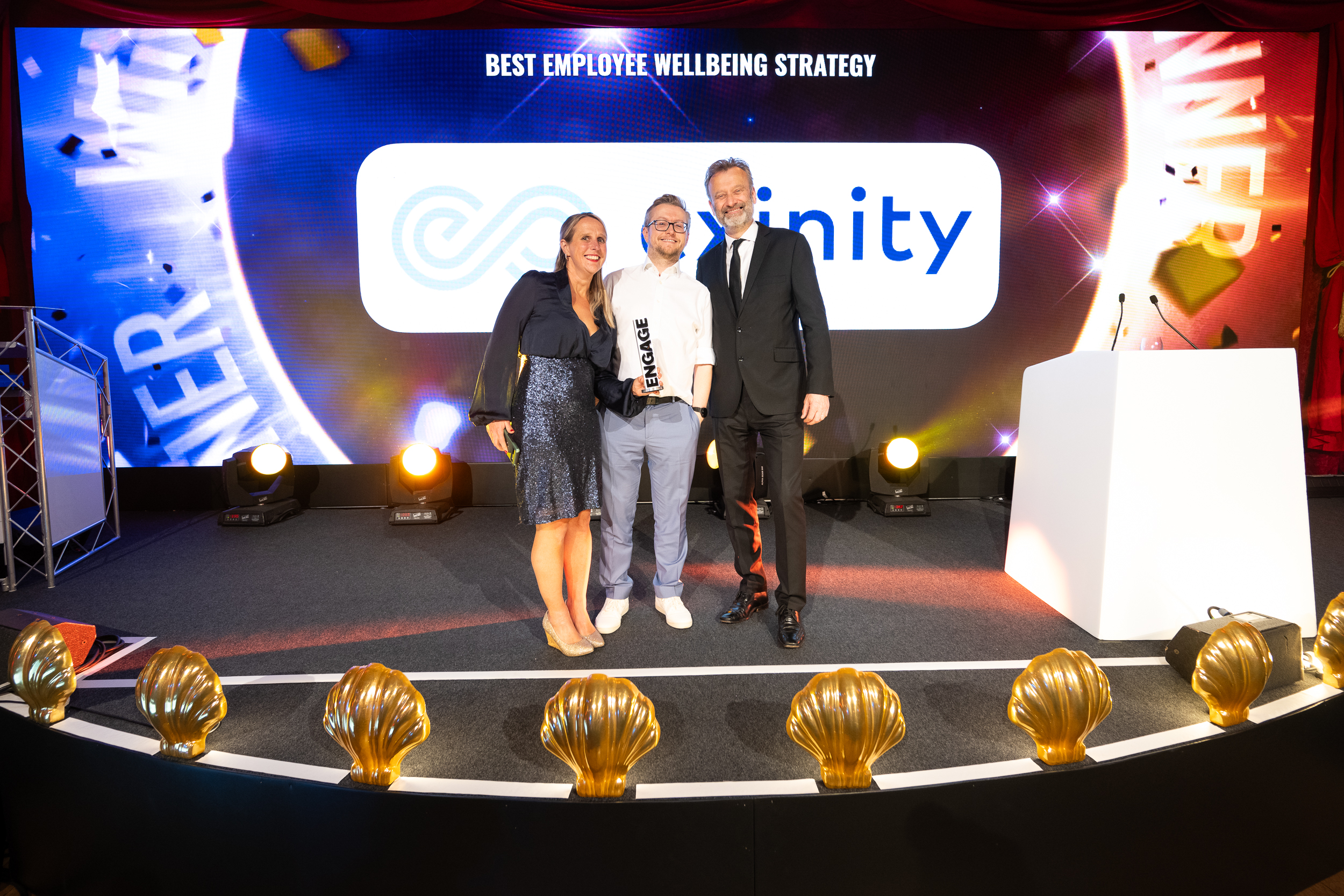Promoting Diversity in Recruitment Practices

Embracing diversity in recruitment is not just a trend; it's a crucial strategy for building stronger, more innovative teams.
The Importance of Diversity in the Workplace
Diversity in the workplace brings a variety of perspectives, ideas, and solutions to the table, fostering innovation and creativity. When team members come from different backgrounds and experiences, they can approach problems from unique angles, leading to more comprehensive and effective solutions.
Moreover, a diverse workforce better represents the varied customer base a company serves, enabling the organisation to understand and meet the needs of its clients more effectively. This alignment can lead to increased customer satisfaction and loyalty. Ultimately, promoting diversity in the workplace is not just the right thing to do; it is also a smart business strategy that can lead to better outcomes and success.
Common Barriers to Diversity in Recruitment
There are several barriers to achieving diversity in recruitment, including unconscious bias, a lack of diverse candidates in the hiring pipeline, and organisational cultures that may not prioritise diversity. Unconscious bias can cause recruiters to favour candidates who are similar to themselves, leading to a less diverse workforce.
Another significant barrier is the reliance on traditional recruitment channels that may not reach diverse candidates. Companies often recruit from the same schools, professional networks, and job boards, which can limit the diversity of the applicant pool. Addressing these barriers requires a conscious effort to seek out and engage with underrepresented groups.
Strategies to Promote Diversity in Hiring
To promote diversity in hiring, organisations can implement several strategies. First, they should expand their recruitment channels to include platforms and communities that cater to diverse audiences. Partnering with organisations that focus on minority groups and attending job fairs that target diverse populations can help attract a broader range of candidates.
Additionally, companies should consider adopting blind recruitment practises, where identifying information such as names, genders, and ethnic backgrounds are removed from applications. This can help reduce unconscious bias in the initial screening process. Providing diversity training for recruiters and hiring managers can also ensure that they are aware of and actively working to counteract their biases.
The Role of Unconscious Bias and How to Mitigate It
Unconscious bias refers to the automatic judgements and stereotypes that people hold about others based on their background, appearance, or other characteristics. These biases can influence hiring decisions, often without the decision-maker even realising it. Recognising and addressing unconscious bias is crucial for promoting diversity in recruitment.
One effective way to mitigate unconscious bias is through training programmes that help employees become aware of their biases and learn strategies to counteract them. Implementing structured interviews with standardised questions can also reduce the influence of bias, as can using diverse hiring panels. Regularly reviewing recruitment processes and outcomes for bias can help ensure that efforts to promote diversity are effective.
Measuring the Success of Diversity Initiatives
Measuring the success of diversity initiatives involves tracking various metrics to assess progress and identify areas for improvement. Key performance indicators (KPIs) might include the diversity of the applicant pool, the diversity of new hires, and the retention rates of diverse employees.
Organisations should also conduct regular surveys to gather feedback from employees about the inclusivity of the workplace culture. Analysing this data can help identify any gaps or challenges that need to be addressed. By continuously monitoring and evaluating their diversity initiatives, companies can make informed decisions to improve their recruitment practises and create a more inclusive work environment.




